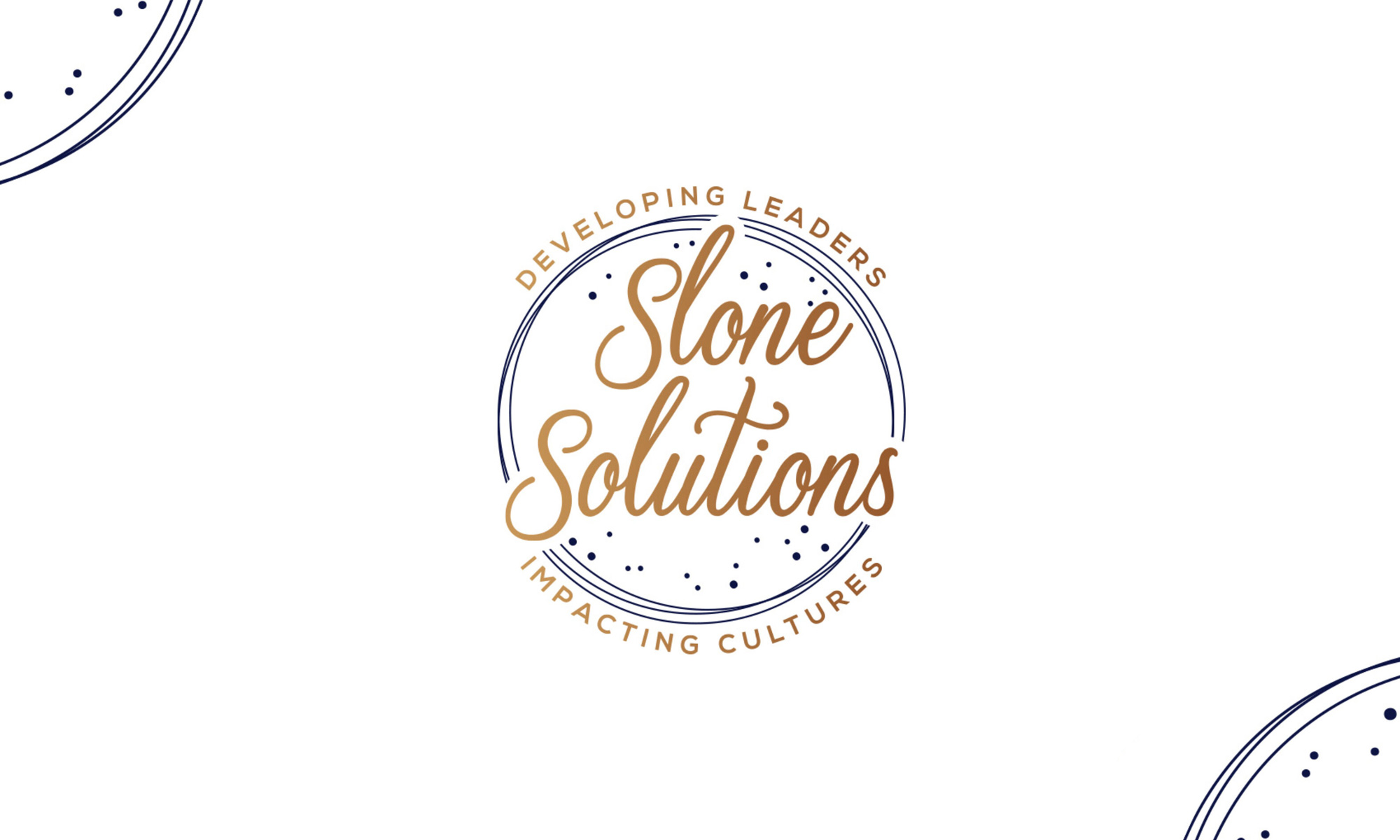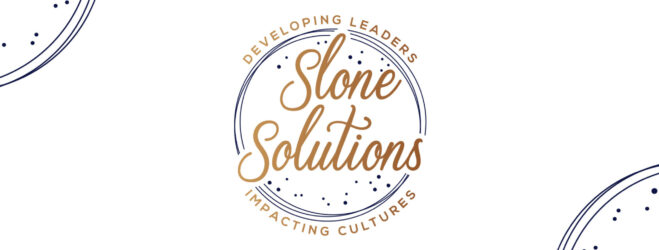
Recently I had an acquaintance tell me, he expected bad customer service because it had “gotten so bad out there. I just don’t let my expectations run high anymore.”
I suppose there’s good and bad in that thought practice. Setting low expectations means that one’s needs should be met. It could remove an element of frustration or disappointment that might otherwise occur with hope. In essence one is protecting them self from being let down. But it also means we’re not getting excited. There’s no eager anticipation, butterflies in the belly, or optimistic outlook……and that has me troubled. I believe the expectations we have are fulfilled in how we perceive the world around us. If we expect good things, good things happen. If we’re looking for the worst, it will appear. Call it optimism. Call it pessimism. Pragmatic thought. People usually deliver what you anticipate.
So when I speculate how expectations impact customer service, I ponder if it is a client engagement discussion or if we could generalize it to human decency? Is there a difference? Is one or the other, or both on the decline? Multiple articles and conversations recently spark this communication.
Are we so caught up in our own personal vortex that we don’t think about how our actions impact others? Simple example, I’m lost so I’ll stop here just as I exit the down escalator and completely pause and disrupt the flow of people behind me. I’m not implying that all actions are intentionally rude, yet I see a deterioration in insightfulness, and I echo Brigette Hyacinth’s sentiments from a recent Linked In post and ponder the decline of human decency.
The professional HR Space
Brigette frequently posts about interactions in the Human Resource space. She is a bestselling author, and an international keynote speaker on leadership, management, HR, and a multitude of other topics. Her posts usually discuss the human resource experience from the applicant’s view point. Lack of follow through and communication were the core of her recent post.
Brigette illustrated the breakdown in communications when an HR rep tells a candidate: “We’ll get back to you,” with weeks passing and no response or updates.
Ok, I can foreshadow the HR replies:
“We can’t reach out……..
What if we want to keep the candidate as a backup?
What if the candidate thinks we’re promising something?”
OK, when did we lose the ability to communicate and set expectations???
Are we fearful of a litigious society? In my previous blogs Deviate from the Process and Held Hostage by Customer Service, I suggest this very thing. Set expectations. I’m dumbfounded why this is such a challenge.
So, when one considers this example as it relates to expectations, human decency and customer service, I find the HR space runs parallel to other industries.
The Sales Galaxy
No matter the product or service pitched, any sales professional can find solidarity in feeling a genuine enthusiasm for initial conversations with a client only to later be ostracized like the plague. The relationship during discovery conversations appears to be a great fit, but then communications turn sporadic. Emails go unanswered. Voice mails become the norm.
The successful sales consultant will follow a timed cadence to follow up; diligently attempting to sustain the pipeline. Yet this rhythm is perceived as relentless and harassing by the client. This feeling could be eliminated if we picked up the phone to communicate,
“I’m no longer in the market.”
“It’s not the right time.”
“Our financials have changed.”
“Thanks for the follow up, we’ve gone a different way and we’re not able to provide any additional feedback.” (that one sucks, but we don’t always get the closure we want.)
Yet, when a client calls for an update about a product or service, results must be provided, or a social media assassination ensues.
The Customer Service Universe

Human decency is most lacking when a customer, guest or client feels inconvenienced. This universe is the most subjective. What one individual may perceive as phenomenal client engagement; another may interpret as sub-par service. When customer service is found lacking,
timely and prompt responses from the supplier are necessary and should exceed any remedy suggested by the patron. Dependent on the perceived severity of the situation, emotional and turbulent dialogue becomes the norm. Human decency can be lacking from both parties in this scenario. Customer Service and human decency collide from both parties in this circumstance.
The Personal World
And here is the verity. What happens professionally bleeds into our personal life. In our quest for human interaction, to belong and flourish within a community, we bond exclusively. We judge and compare from our secure circles of influence; critiquing and assessing those outside of our known. In our quest to connect with others, we add value to that connection and then create criteria for others to join.
Show me the person that likes to be excluded, who thrives on being left out, loves isolation. In her book, Daring Greatly Brene Brown calls out a culture filled with critics and cynics. She writes,
“We are constantly judging, so as much as we need human interaction, we avoid it when there is conflict or a perceived issue.”
Yet we create these issues and shirk responsibility from its creation.
A bit ago, my husband and I hosted a cookout at our house. We invited all our social circles to the same party. It was time to integrate our friendships. A particular group sat on the patio and positioned their chairs in a circle, leaving a visual message that “we’re closed to those we don’t know here.” The other guests who might have wanted to interact observed the visual barricade and moved on to find camaraderie with other attendees. I felt shame and discomfort for this interaction. When I brought attention the group’s actions, they were oblivious.
Connecting with Others

And here is the reason I write this. Be it customer service or human decency, at the core it’s simply connecting with others. The Saratoga Foundation did a study years ago that measured the amount of people we could reach out to in times of need. Sadly, the study showed that people had two thirds less connections to ask for help than 5 years prior. Which means, if I had a flat tire, lost power after a storm, needed help picking my kids up from school, we’ve had a family emergency, so could you please let the dogs out….that if you had five people you could completely rely on, that today you might have two. To me, this is disturbing.
Social media implies that we’re connected. Instant updates of our happiest moments suggest our lives flourish with utopia. Sadly, we measure our worth based on the number of likes, follows and comments on those posts. “It was such a great moment, how come more people didn’t like it?”
When faced with an opportunity to follow up, when the phone rings and the urge to send it to voice mail ensues, when you have judgmental thoughts as to how that person wouldn’t fit within your circle – answer the phone, communicate an update, provide eye contact, simply smile and engage. Whether one labels it customer service, kindness, or human decency, there should be more of it. Observe and find patience when interacting with others. Peel back the onion, because we all have so many layers. Your interactions could be a person’s primary point of contact for the day.
If you like this article, follow more of my blogs by subscribing.
And because this message is so paramount, please share with your circle of influence. Together we can impact someone’s day.
A big thanks to Brigette Hyacinth and a multitude of friends and neighbors for the inspiration for this article.
Brigette’s original post provided once again below:
https://www.linkedin.com/feed/update/urn:li:activity:6549245861501685760

